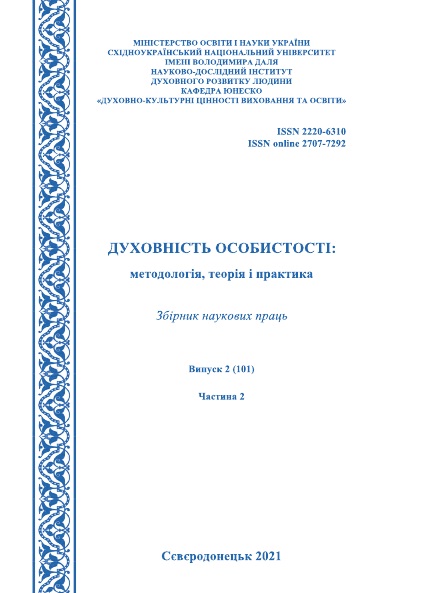TASKS-"TRAPS" AS A MEANS OF FORMING COMPLEX KNOWLEDGE IN PHYSICS AND ABILITY OF CULTURAL SELF-EXPRESSION
DOI:
https://doi.org/10.33216/2220-6310-2021-101-2_2-79-89Keywords:
Self-expression, individuality, mental activity, consistency, awareness, physical task, competenceAbstract
The article offers examples of physical problems, "traps", which enable the teacher to form the ability of personality self-expression by means of physics, as a natural discipline. Own position and the ability of its argumentation, creates the personality's own "I" in relation to society, reveals its individuality. The examples given are focused on working with applicants for general secondary education institutions who have a high level of knowledge. The possibility of organizing a comprehensive examination of knowledge in physics on the basis of a single task and the possibility of determining the level of conscious assimilation of knowledge, as well as the readiness to use them in standard and non-standard situations, is shown. Tasks-"traps" are focused on activating the logical thinking of the individual and provides for the variability of possible solutions, and, accordingly, involves obtaining different answers depending on the consideration of one or other factors of the course of a physical phenomenon. Tasks-"traps", in contrast to ordinary tasks, are most suitable for organizing a comprehensive test and control of the knowledge of talented students: they provide for a false result when trying to perform a routine task, which is subordinated in most to algorithms. The complex use of physical knowledge in solving problems of this type ensures their conscious and in-depth assimilation, ensures the formation of stable skills of traditional and non-standard application, develops the criticality of thought, the ability to analyze, synthesize, consistently formulate and argue the student's own opinion on the issue in question. The variability of the available approaches to solving these and other problems of a similar nature forms the ability to comprehensively consider the problem and generalize the results obtained in order to express the final answer or answers.

